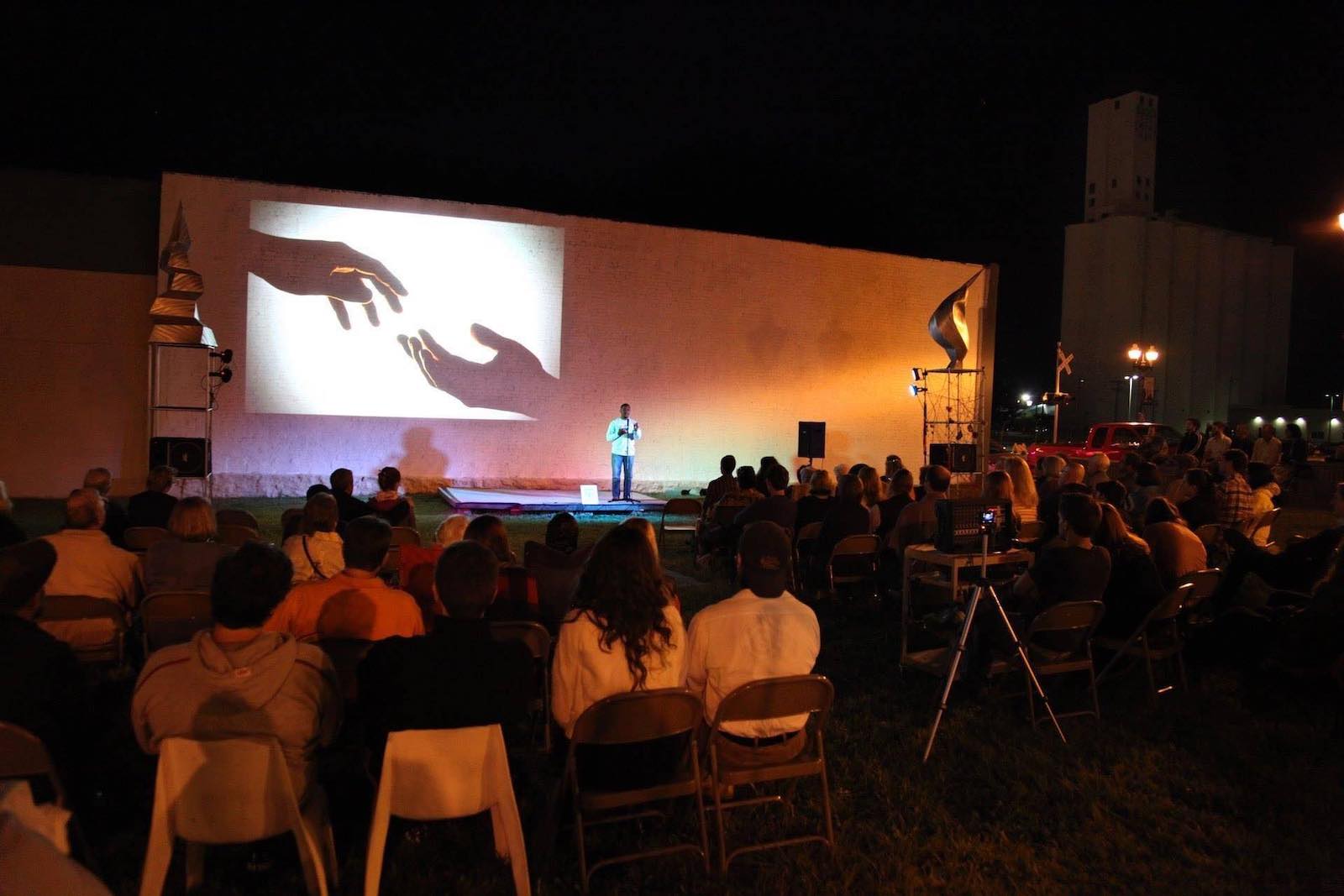About Me
How did I get here?
In late 2018, as a result of a painful separation and choice to self-medicate with psychedelic drugs, I suffered a mental health crisis that resulted in me being taken by Springfield, Missouri police to a local hospital. I was immediately placed in a four-point hold, and despite my refusal to consent was repeatedly injected with medications that rendered me unconscious three times. I was eventually released 7 hours later with no transportation, no meal and no follow up. This was the beginning of a 5-year journey into severe PTSD and homelessness. I thought it was all my fault.
In 2020 I shared my experience with the director of Kansas City’s National Alliance on Mental Illness (NAMI) and it was her response that made me realize that I was abused at Mercy Hospital. I started an anonymous account on Twitter (now X) and began to call the hospital out about what they did. They eventually put me in touch with their Director of Patient Relations, who invited me back to Springfield in 2021 to share my experience with her. She was shocked that this happened at her place of work, and promised to share a report with her superiors at the hospital.
When I met with her and her colleague a year later, they reported that Mercy hospital had since made it mandatory for staff in the ER and Psych Unit to attend non-violence and de-escalation training, had done away with 4-point holds, and no longer forced patients to take medication against their will. It is a sad reality that way too many hospitals abuse those who are in distress, and instead of being the safety net that prevents them from falling into the abyss, they are the boot that pushes them even further down. The rate of suicide post-psychiatric hold is over 100 times the global suicide rate, and this does not have to be the case. With a small tweak in their policies, these hospitals can be a place of hospitality for the most vulnerable amongst us.
While on X, I met a vast community of people that have suffered harm in the hands of those that have been commissioned to treat the broken amongst us with hospitality and patience. I also came across alternatives to the current model of psychiatric care. One that stood out the most to me was Soteria House.
Greek for “deliverance” or “preservation,” Soteria Houses provide a community space for people experiencing mental distress or crisis and have no restraint facilities. They have primarily nonmedical staff, who do not prescribe or administer antipsychotic medication to patients, and the preservation of residents’ personal power, social networks, and communal responsibilities. Yet residents also have access to therapists and psychiatrists, although medication is not forced on them.
Loren Mosher, psychiatrist and founder of the first Soteria house in 2001, believed that even people with schizophrenia did, in fact, recover from the illness without the use of neuroleptics in a supportive home-like environment.
Soteria houses are often seen as gentler alternatives to the psychiatric hospital system, which is perceived as authoritarian, hostile, or violent, and overly reliant on the use of psychiatric (particularly antipsychotic) drugs.
People who receive care by way of the Soteria approach are afforded the opportunity to find meaning in their experience, and to integrate this experience into their lives. Often they are able to live free of long-term medication and become contributing members of society. By contrast, most distressed people who rely on the conventional mental health services find that the meaning of their experience is ignored. Furthermore, any individual who is given a psychosis diagnosis is told that that kind of experience is most likely to happen again. And so they are prescribed long-term medication. This is despite emerging research which shows that long-term medication does more harm than good.
It is my sincere belief that integrating Soteria Houses into our communities is a very effective way of addressing the mental health crisis that we find ourselves in. What the lonely need is hospitality. What the wounded need is care. And what we all need is Love.
Without each other we are doomed. It Takes a Village to Heal.


